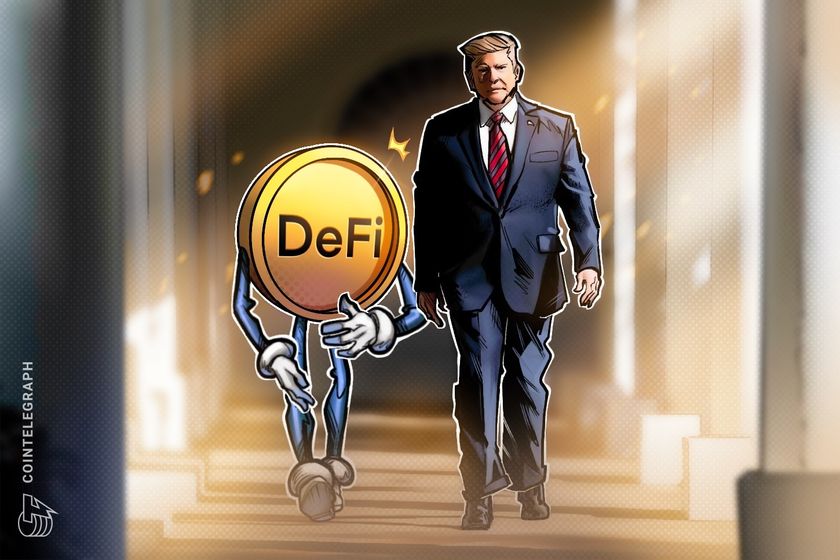

Crypto-friendly billionaire investor Bill Ackman is considering the possibility that US President Donald Trump may pause the implementation of his controversial proposed tariffs on April 7.
“One would have to imagine that President Donald Trump’s phone has been ringing off the hook. The practical reality is that there is insufficient time for him to make deals before the tariffs are scheduled to take effect,” Ackman, founder of Pershing Square Capital Management, said in an April 5 X post.
Trump may postpone tariffs to make more deals, says Ackman
“I would, therefore, not be surprised to wake up Monday with an announcement from the President that he was postponing the implementation of the tariffs to give him time to make deals,” Ackman added.
On April 2, Trump signed an executive order establishing a 10% baseline tariff on all imports from all countries, which took effect on April 5. Harsher reciprocal tariffs on trading partners with which the US has the largest trade deficits are scheduled to kick in on April 9.
Ackman — who famously said “crypto is here to stay” after the FTX collapse in November 2022 — said Trump captured the attention of the world and US trading partners, backing the tariffs as necessary after what he called an “unfair tariff regime” that hurt US workers and economy “over many decades.”
Following Trump’s announcement on April 2, the US stock market shed more value during the April 4 trading session than the entire crypto market is currently worth. The fact that crypto held up better than the US stock market caught the attention of both crypto industry supporters and skeptics.
Source: Cameron Winklevoss
Prominent crypto voices such as BitMEX co-founder Arthur Hayes and Gemini co-founder Cameron Winklevoss also recently showed their support for Trump’s tariffs.
Related: Trump tariffs squeeze already struggling Bitcoin miners — Braiins exec
Ackman said a pause would be a logical move by Trump — not just to allow time for closing potential deals but also to give companies of all sizes “time to prepare for changes.” He added:
“The risk of not doing so is that the massive increase in uncertainty drives the economy into a recession, potentially a severe one.”
Ackman said April 7 will be “one of the more interesting days” in US economic history.
Magazine: New ‘MemeStrategy’ Bitcoin firm by 9GAG, jailed CEO’s $3.5M bonus: Asia Express



